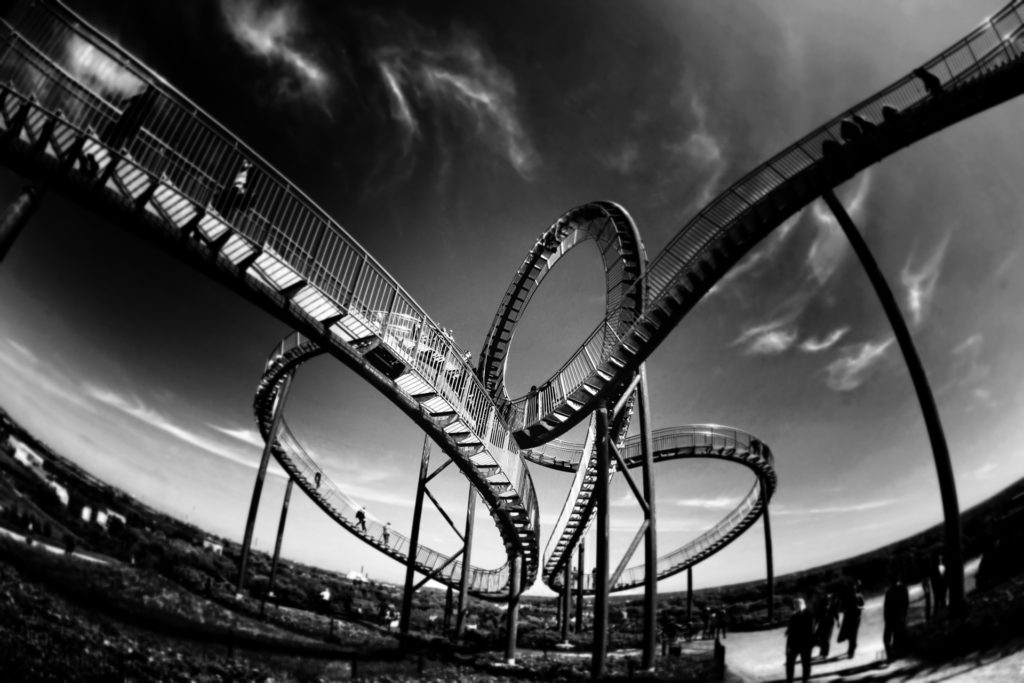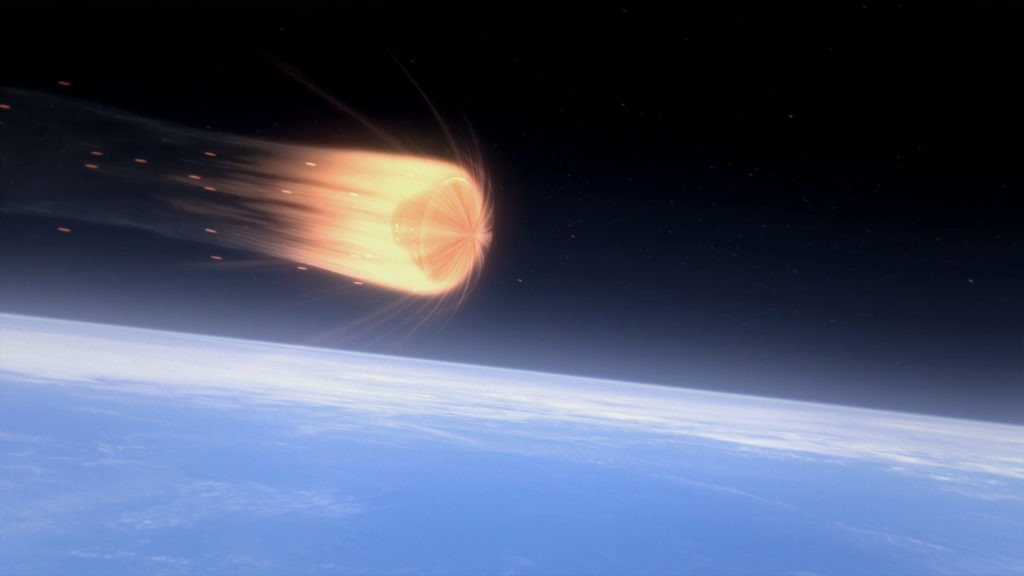Therapy for the Highly Gifted and Highly Excitable: An Interview with P. Susan Jackson
You’ve got noteworthy abilities. Complex emotions. Acute perception. A tremendous capacity for nuance. And yet, you’re pulling yourself apart at the seams.
Sound like someone you know? Then you’ll want to read this interview with P. Susan Jackson of the Daimon Institute.



